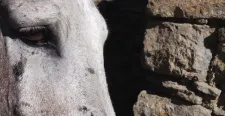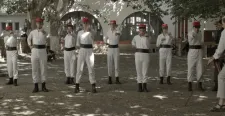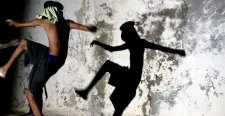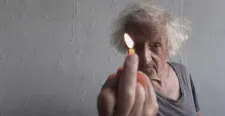It's better to be than to obey: the film work of Narimane Mari
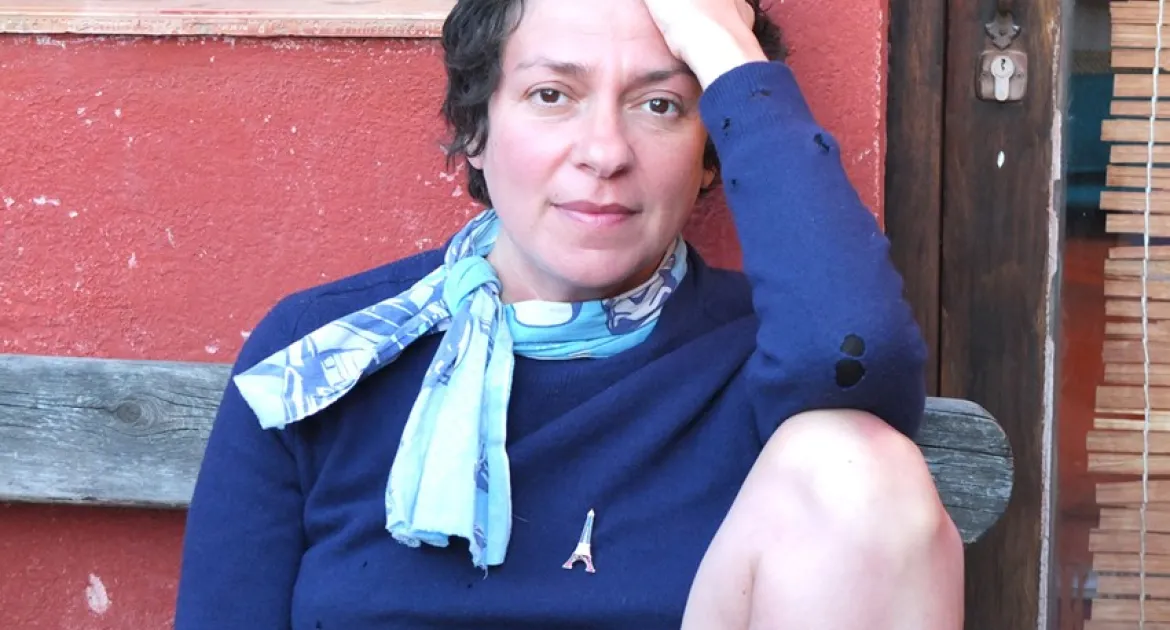
The Reina Sofía Museum and Documenta Madrid are holding a Narimane Mari retrospective (Algeria, 1969). The artist and filmmaker's oeuvre is characterized by the way it transcends the boundaries between documentary, experimental film and fiction as it explores our perception and, ultimately, shows how cinema can shape reality. The retrospective includes the international premiere of her latest film, three sessions featuring live music, along with presentations and discussions with the artist.
This film series is the first international retrospective of the Algerian artist and filmmaker after having graced such prestigious festivals as Locarno, TIFF, NYFF, Viennale, Mar del Plata and FID Marseille, as well as at a variety of museums and international art institutions such as MoMA, Centre Pompidou and documenta14. The title of the retrospective, It Is Better to Be than to Obey is an Antonin Artaud quote that Mari uses as a motto in one of her films, Loubia Hamra / Bloody Beans, which describes in equal parts how she aspires for formal freedom while also searching for new states of consciousness throughout her oeuvre.
Narimane Mari's films move between exploring ideologies of power, such as European colonialism (Le fort des fous, Loubia Hamra), and personal stories, such as the loss of a loved one (On a eu la journée bonsoir). Beyond these themes, Narimane Mari's views the art of filmmaking as an open process that extends beyond narrative stereotypes and opens up to new forms of knowledge.
To this end, Narimane Mari envisages a kind of filmmaking that closely resembles alternative theater, one seeking to squeeze out everything cinema has got to create meaning. The narration is always elliptical, the protagonists are non-actors who engage in non-scripted exploration and the camera moves freely, outside hierarchies and repetitions. The music and soundscapes are central to this arrangement. On the one hand, they contribute to creating a trance-like, hypnotic state of being; on the other hand, they introduce emotions that connect with unseen aspects of the narrative. Mari belongs to a unique breed of artists who strive to rethink film as an event instead of as a representation, artists who believe in this medium's capacity for reconnecting our experience with images. In short, in the artist's own words: "I have but one wish, to take a break from the kind of film whose rules prevent discovery. Also, to carry on with my work on languages by going even further toward finding possible narratives through other means of perception".
Reina Sofía Museum and Documenta Madrid
Narimane Mari (Algeria, 1969) is a filmmaker and artist. She thinks of cinema as a form of experience and her films develop alternative states of perception. Winner of the Jury Prize at FID Marseille, CPH:DOX and a regular presence at the most prestigious international art film festivals, her work crosses the boundaries between documentary, experimental and fiction filmmaking. Her work has also been exhibited at the Georges Pompidou Center, MoMA, Reina Sofia Museum and documenta 14 (Kassel). She has made the feature films Bloody Beans (2013), Le fort des fous (2017) and On a eu la journée bonsoir (2022) and the medium-length film Holy Days (2019). She works closely with the musicians Cosmic Neman, Lori Schonberg and Quentin Rollet to create the soundscapes in her films. From her production company, Central Electrique, she has produced films for Hassen Ferhani, Djamel Kerkar, Nicolas Klotz and Elizabeth Perceval and Pawel Wojtasik, among others.



 DocumentaMadrid
DocumentaMadrid
